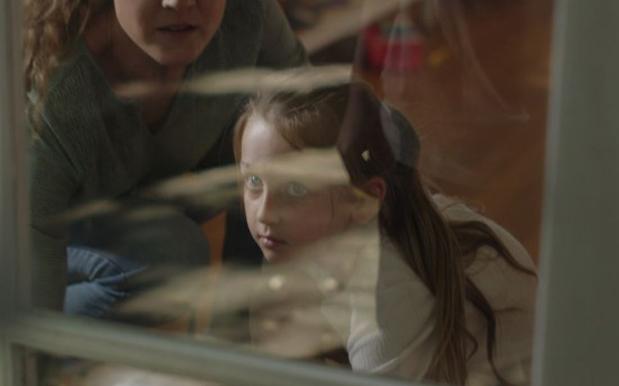
WARNING: This post discusses domestic and family violence.
Last year, when the newly-minted Prime Minister Malcolm Turnbull announced $100 million in federal funding to tackle domestic violence, it seemed like Canberra was finally waking up to the serious (and very much deadly) problem facing Australia.

“Safety from domestic and family violence should not be contingent on an individual’s visa status,” the letter says. “Violence against women is currently a national priority. However, the major reforms leave vulnerable migrant women behind and without access to basic services.”
Crisis payments would allow these women to access legal and justice support services, and meet the basic needs of their children.
“In addition to the impacts of domestic and family violence, migrant women on temporary visas may experience significant trauma when trying to access support due to language and cultural challenges, social isolation and systematic barriers,” says CEO of Domestic Violence NSW (DVNSW) Moo Baulch.
“We are calling for real and urgent action from the Commonwealth government to ensure the safety of these highly vulnerable women and their families.”
At the time of publishing, Turnbull has yet to respond to the letter, but you can read it in full below.
Dear Prime Minister
We write to urge you to ensure that migrant women on temporary visas are supported when
escaping violent relationships through access to crisis payments.The immigration status of women who experience family violence has a significant impact on
their experience of that violence and their ability to leave a violent relationship. Visa
dependence is one of the main barriers to migrant women accessing legal and justice
support for family violence.Domestic violence service providers report that the principal concern experienced by migrant
women on temporary visas is that these women have no source of income. Women on
spousal visas who can access the family violence exception often wait up to 12 weeks or more
for their visa to change, during which time they have no access to Centrelink payments.
Migrant women on temporary visas who do not have access to the family violence exception
to change their visa status are often left indefinitely without income and rely on charities to get
by.Many temporary visa holders are not eligible to access services through Centrelink. Without
income, they cannot meet their basic needs and the needs of their children. Many women on
temporary visas return to their abusive partners because of a lack of financial resources.In its report, the Victorian Royal Commission into Family Violence recommends that women
escaping violent relationships are entitled to crisis payments regardless of their visa status.
Similarly, the Final Report of the Council of Australian Governments Advisory Panel on
Reducing Violence against Women and their Children Advisory Panel recommends that the
Commonwealth ensure that migration rules and eligibility requirements for support services
should not disempower victims of violence or discourage them from leaving violent
relationships.The Judicial Council on Cultural Diversity’s 2016 consultation report ‘The Path to Justice:
Migrant and Refugee Women’s Experience of the Courts’ reinforced that access to
Government funded services and payments is tied to visa class categories, which is a major
issue for women experiencing violence.Safety from domestic and family violence should not be contingent on an individual’s visa
status. Violence against women is currently a national priority. However, the major reforms
leave vulnerable migrant women behind and without access to basic services.Prime Minister, we urge the Government to ensure that migrant women on temporary visas
who seek to escape violence are entitled to crisis payments regardless of their visa status.
Photo: Federal Domestic Violence Campaign.
If you or someone you know is experiencing family violence, call 1800 RESPECT on 1800 737 732 for 24/7 support. If you’re in immediate danger call 000.







